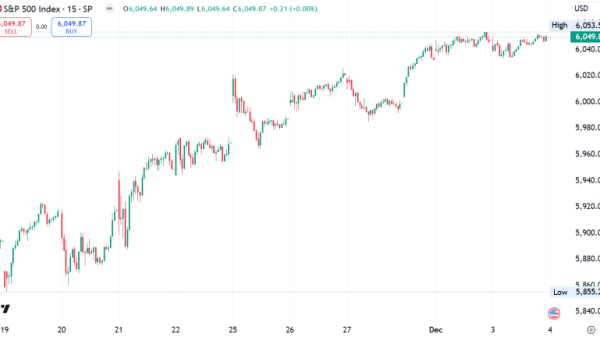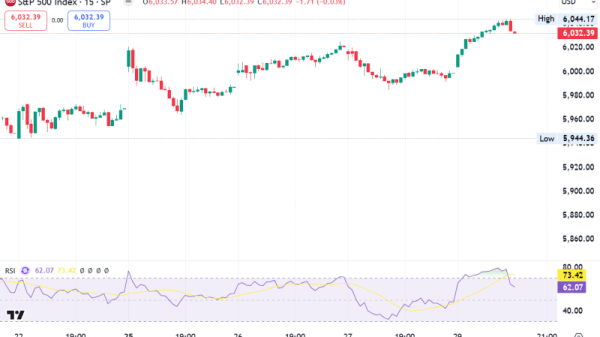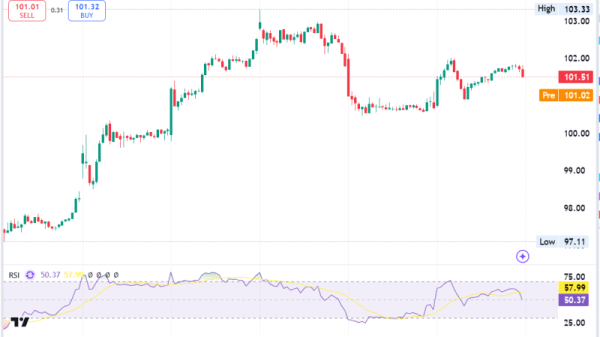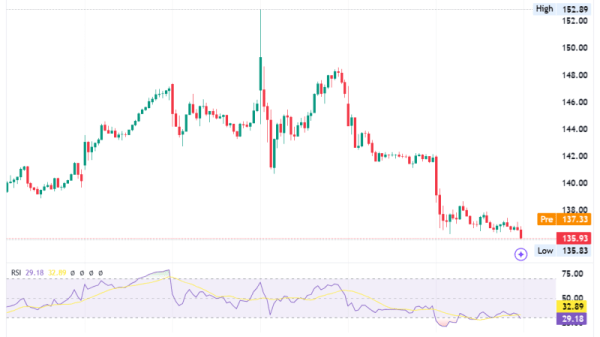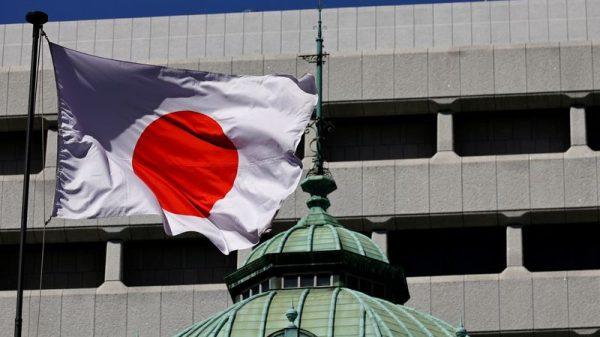By Leika Kihara
TOKYO (Reuters) – The Bank of Japan released for the first time estimates on how future interest rate hikes could affect its earnings, which showed it will briefly suffer red ink of up to $13 billion if short-term borrowing costs were to go up to 2%.
The estimates, disclosed on Thursday in a research paper, underscore the BOJ’s resolve to keep pushing up short-term interest rates – now at 0.25% – to levels deemed neutral to the economy in coming years.
The BOJ conducted estimates based on several scenarios, including one in which short-term rates move up to around 1-2% in the course of several years, while the spread between short- and long-term rates move between 0.25% point and 0.75% point.
In the most severe scenario in which short-term rates move up to 2% and the spread widens by just 0.25 point, the BOJ will suffer an annual net loss of around 2 trillion yen ($13 billion) in fiscal 2027 and 2028, the estimates produced by the bank’s monetary affairs department showed.
The loss will then begin to narrow and the bank’s earnings will turn to the black around fiscal 2031, according to the estimates.
The BOJ exited a decade-long, massive stimulus programme in March and raised short-term rates to 0.25% in July on the view Japan was on the cusp of sustainably achieving its 2% inflation target.
Governor Kazuo Ueda has signaled a readiness to keep raising rates to levels that neither cools nor overheats growth – seen by analysts as being somewhere around 1% – in coming years if Japan continues to make progress in hitting its price goal.
Central banks typically reap profits when they are loosening monetary policy, as the yield they earn from their government bond holdings exceed the interest they pay to excess reserves.
By contrast, their earnings come under pressure when they tighten policy because they must pay higher interest to excess reserves to mop up money from the market.
Having expanded its balance sheet to near 800 trillion yen during years of heavy asset purchases, the BOJ reaped a record recurring profit of 4.6 trillion yen in fiscal 2023.
The profits will shrink as the BOJ begins to pay interest on excess reserves to push up short-term rates.
The BOJ will still earn yields from its huge bond holdings, though the longer it takes to roll over low-yielding bonds with higher-yielding ones, the bigger its losses will become.
Under a quantitative tightening (QT) plan announced in July, the BOJ plans to halve its monthly Japanese government bond (JGB) purchases to 3 trillion yen as of January-March 2026. It will conduct a mid-term review of its QT plan in June next year to come up with a taper plan thereafter.
($1 = 157.7000 yen)

